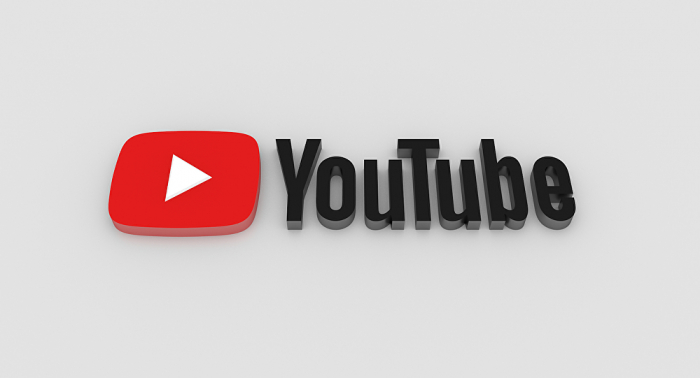YouTube announced on Wednesday that it will suspend monetization for conservative commentator Steven Crowder, who has almost 4 million subscribers, thus preventing him from generating revenue from the advertisements in his videos.
Demonetization means he can still upload his videos and convey his point of view, but YouTube won't allow him to make money doing it.
The exact amount of revenue Crowder made per year is unknown and estimates vary from tens of thousands of dollars to more than $1 million, according to The Hill.
"Update on our continued review-we have suspended this channel's monetization," YouTube said Twitter. "We came to this decision because a pattern of egregious actions has harmed the broader community and is against our YouTube Partner Program policies."
YouTube's current demonetization policy allows the company to pull ad revenue from creators who have caused "lasting damage to the community, including viewers, creators and the outside world." The video hosting platform is notorious for near-absurd demonetizations of videos that don't fit in a general concept of a "family friendly channel," which range wildly from swearing and nudity (including video games footage) to making videos about specific topics, like guns (like the once-famous FPS Russia gun-focused channel). The platform is also notorious for demonetizing video game reviewers who don't go out of their way to exclude licensed music from video games (for example, playing during the end credits).
The decision regarding Crowder was the culmination of a conflict between the conservative commentator and Carlos Maza, a journalist from Vox Media — a left-wing media outlet that mixes educational material with politically charged propaganda.
Maza complained on Twitter about Crowder's comments regarding his persona claiming Crowder engages in racist and homophobic hate speech, The Hill report says.
YouTube responded to Maza's Twitter thread, saying they reviewed Crowder's videos, and while they found his language "hurtful," they concluded that his videos don't violate platform policies and thus cannot be banned.
Following YouTube's announcement, Maza couldn't hide his disappointment.
"So the f*ck what. Basically, all political content gets ‘demonetized'," he tweeted in response, adding that Crowder does not generate most of his income from ads but rather from the sale of T-shirts with political messages on them. "Demonetizing doesn't work."
The reaction comes despite the YouTube team tweeting that Crowder's monetization will only be reinstated if he removes "the link to his T-shirts."
On Wednesday, YouTube announced its plans to block thousands of videos and channels that promote "white supremacy and hate," in a move intended to "prevent extremism and hate speech." The company did not elaborate on which particular channels fall under this category.
More about: YouTube
















































